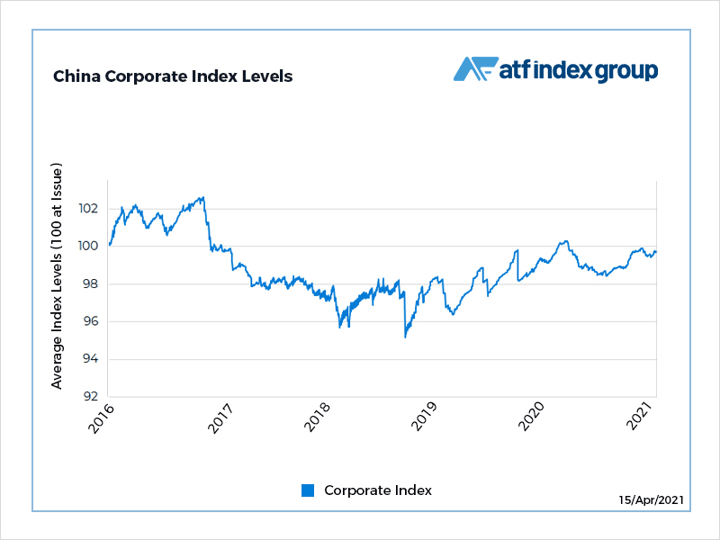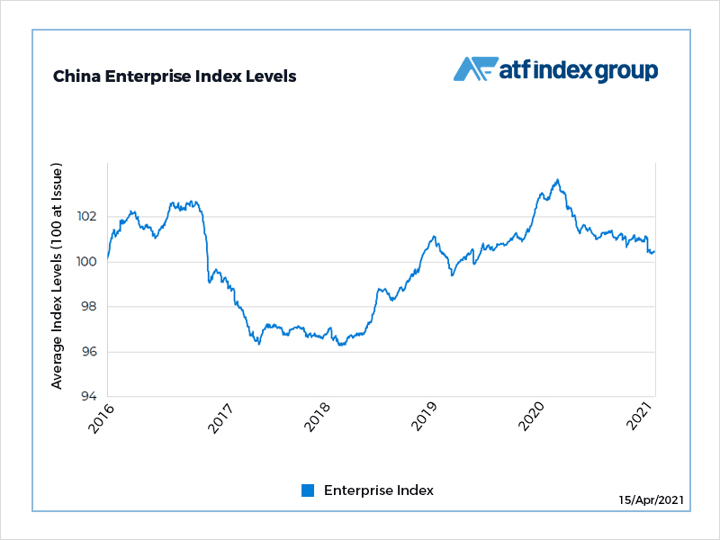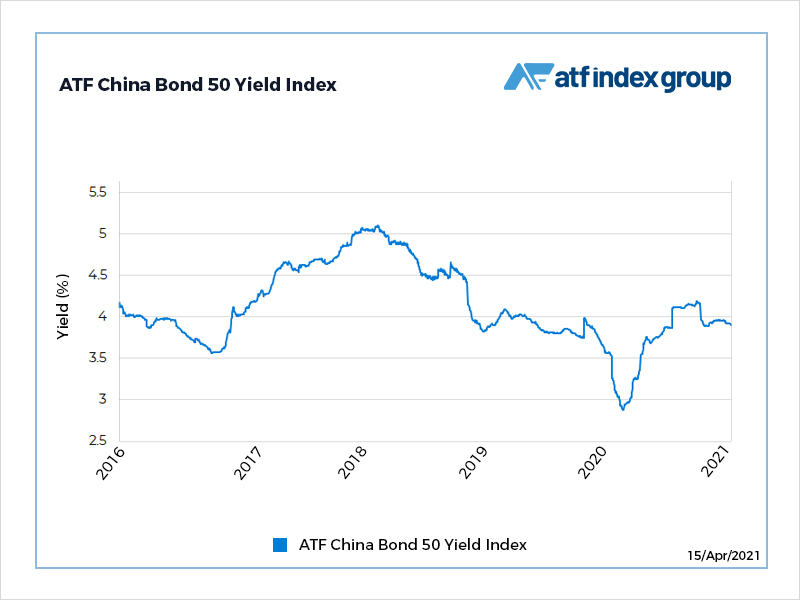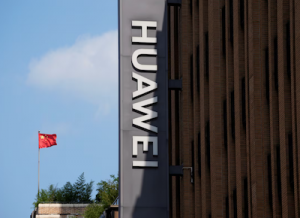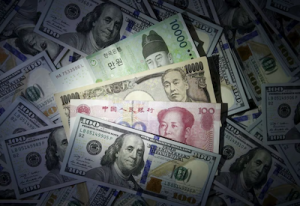(ATF) Chinese bonds climbed Thursday, buoyed by the planned $4 billion sale of notes by tech giant Tencent and after BNY Mellon said it would allow the nation’s debt to be used as finance collateral.
Corporate bonds slumped after Hefei Construction Investment and Holding Company made a coupon payment. And the bonds of state-owned-enterprises (SOEs) slid as the fate of government-controlled distressed-debt manager Huarong Asset Management darkened.
The returns-focused ATF China Bond 50 Index of AAA rated credits climbed the most in four months, adding 0.05% to reach 106.71. The aggregate yield on the gauge fell two basis points to 3.89%, the lowest in three months.
Also on ATF
- Cash-rich Xiaomi determined to boost its share price
- China tightening fears spook investors
- Xpeng’s stock value loses power despite new EV model launch
Yields have risen a percentage from their all-time low set in May last year when overseas investors poured into the assets as huge volumes of stimulus issued by western central banks to counter the pandemic downturn widened spreads.
Rates reached a two-year high in January amid rising concern that a global recovery would send inflation spiralling and suppress the value of the fixed payouts on bonds. They were also pushed higher on concern that Chinese authorities were failing to get to grips with credit weakness within SOEs, hundreds of which have defaulted in the recent months.
The CB50 was lifted after BNY Mellon said it would begin accepting Chinese government bonds as collateral in its three-party centralised collateral platform. Investors in the bonds can now use their assets as collateral to support financing.
The gauge was also buoyed after Tencent said it sought $4bn from a bond sale. Investors welcomed both pieces of news as a further stamp of confidence in China’s fixed-income markets.
SOE bonds on the returns-focused ATF Enterprise sub-index slid 0.05% as the debt of Huarong continued to slide after another credit agency gave its debt a negative outlook. The plight of the distressed-debt manager, which was created to clean up China’s banks but fell foul of graft regulators, has sent ripples across China’s fixed-income markets. The government’s crackdown on the company has raised the spectre that officials will refuse to back other SOEs that fall into trouble.
Corporate bonds fell after Hefei Construction made a coupon payment on its 3.67% bond due in March 2027.
